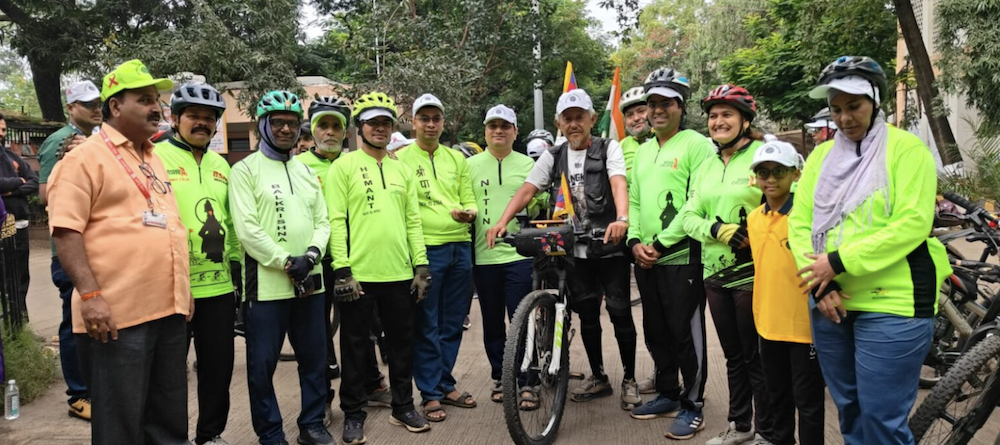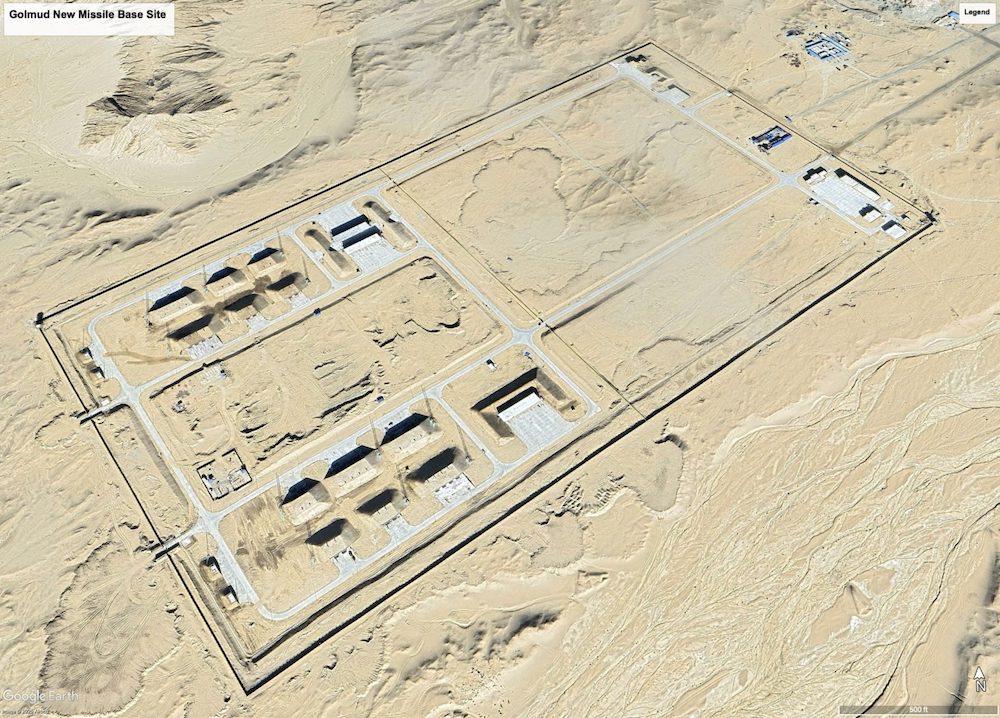Today, 2 December 2003, marks the elapse of one year since Trulku Tenzin Delek, a.k.a Ah-Nga Tashi (Ch: A An Xha Xi), a highly respected Buddhist teacher in Lithang County, Kardze Tibet Autonomous Prefecture (“TAP”), was sentenced to death by the Kardze Intermediate People’s Court in Sichuan Province. The death sentence with a two-year reprieve was delivered on alleged charges of “committing crimes concerning explosions” and for “inciting split of the country”. Lobsang Dhondup, a co-accused for the same charges was summarily executed within a month of the court sentence on 26 January 2003 despite huge international appeal.
On 7 April 2002, Sichuan Public Security Bureau (PSB) officials arrested Trulku along with four other monks. During the ensuing weeks, the police arrested at least six additional people who were raising funds to pay for Trulku’s legal defense. The subsequent months witnessed reports of coercive interrogation, beatings and torture on Trulku and his aides. A closed-door trial by the court on Trulku and Lobsang resulted in their conviction and sentencing three days later. On 2 December 2002, Lobsang Dhondup was sentenced to death, and Trulku Tenzin Delek to death with a two-year reprieve.
Chinese Criminal Law grants defendants with a right to appeal within ten days of sentence. However, Trulku was denied the right to attorney when the higher court rejected lawyers to represent him. Sichuan People’s High Court upheld the verdict and accordingly Lobsang Dhondup was executed on 26 January 2003. Chinese Criminal law contains no explicit presumption of innocence, which prevents a free and fair trial. The International Covenant on Civil and Political Rights (ICCPR) gives the defendant right to choose an attorney of his choice to represent him. China is a signatory to the covenant though it is yet to ratify it.
China is determined on branding religious and political activities with acts of terrorism in the aftermath of September 11. Amendments to the Chinese Criminal Law adopted in December 2001 places severe punishments for those who “organise or lead a terrorist organisation” from three years to ten years’ imprisonment extendable to life imprisonment sentence (article 120 of the Criminal Law). The term “terrorist organisation” vaguely defined allows broad and ambiguous interpretation including non-violent political activities.
In light of all the evidences that TCHRD received, it strongly believes that Trulku Tenzin Delek has been falsely implicated in the “bomb explosion” incidents. Trulku is known for his wide range of social activities like building schools, old peoples home, initiating environmental drives and settling community disputes. He is a very popular leader in Lithang County and loved by the local residents. Earlier attempts to indict Trulku had proved futile.
With just a year left on Trulku’s death sentence, the Tibetan Centre for Human Rights and Democracy is gravely concerned about his fate. TCHRD urges upon the Beijing leadership to free Trulku Tenzin Delek unconditionally while we appeal to our supporters and human rights defenders to put pressure on Beijing to secure his early release.
Contact Person: Tenzin Norgay (English) / Jampa Monlam (Tibetan)
TCHRD
Phone no: 91 1892 223363/225874/229225
E-mail: dsala@tchrd.org









